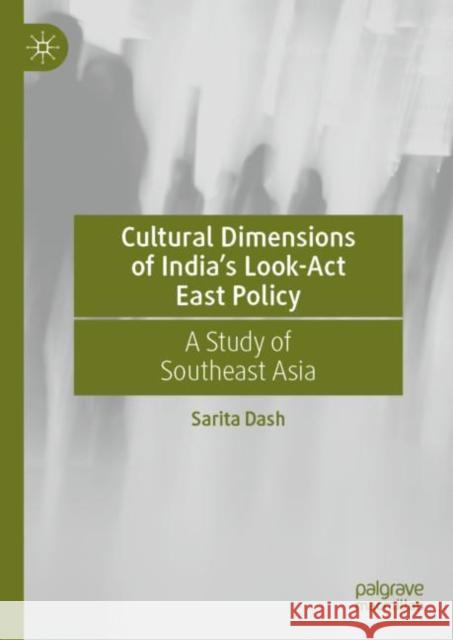Cultural Dimensions of India's Look-Act East Policy: A Study of Southeast Asia » książka
topmenu
Cultural Dimensions of India's Look-Act East Policy: A Study of Southeast Asia
ISBN-13: 9789811935282 / Angielski / Twarda / 2023 / 380 str.
Kategorie BISAC:
Wydawca:
Springer Verlag, Singapore
Język:
Angielski
ISBN-13:
9789811935282
Rok wydania:
2023
Ilość stron:
380
Wymiary:
21.0 x 14.8
Oprawa:
Twarda
Dodatkowe informacje:
Wydanie ilustrowane











